More Board Competence
HR competence is needed on the Board of Directors. This can also be brought in by members with no direct connection to HR management. However, if it is lacking, this can have a negative impact on corporate culture and results.
The competencies required of a board of directors as the highest authority and supervisory body of a company within its board of directors in order to act successfully in the company’s interest in the long term depend, among other things, on the business the company is engaged in. The associated risks and peculiarities are equally relevant. Thus, depending on the initial situation, legal, financial, market-specific, industry or HR competencies are increasingly in demand.
This article was published in HR Today – a leading Swiss publication for HR relevant topics and news – the article is automatically translated (jfyi)
https://www.hrtoday.ch/de/article/mehr-hr-kompetenz-im-verwaltungsrat
Versatile personnel policy tasks
The long-term success of a company, on the other hand, depends largely on the corporate strategy and the competence of its employees. This is why the Board of Directors must also address HR issues. A more detailed list of its HR policy tasks can be found in the literature.*
The Board of Directors
- defines the personnel policy – for example, how to deal with social partners and measures to prevent discrimination and sexual harassment.
- defines the salary policy for the remuneration of employees.
- decides whether to join a pension fund.
- ensures that all social security contributions and taxes are properly booked and paid.
- recruits and appoints members of the Executive Board.
- determines the compensation of the Executive Board, as well as expense guidelines and any profit-sharing regulations.
- decides on the conclusion, amendment and termination of Executive Management employment contracts and job descriptions.
- sets annual targets for the members of the Executive Board and defines guidelines for their personal training and development.
- ensures succession planning in the Executive Board and appoints deputies for short-term absences.
- monitors any labour court proceedings.
The Board of Directors is required to select personally and professionally suitable management personnel, particularly when filling the Executive Board. By selecting these individuals, the Board of Directors influences key elements of the company’s development – with an impact on strategy and on organisational, personnel and corporate culture.
By filling the top management positions, the Board of Directors thus has a direct influence on the management of the company as well as an indirect influence on the corporate culture and thus also on factors such as risk orientation. Whether a board of directors does this consciously or unconsciously is irrelevant. It is quite simply the consequence of its actions. How the board of directors acts and the importance it attaches to HR issues therefore radiates to all other levels of the company. If a board of directors appoints a CEO with narcissistic airs and graces him with a rather dictatorial management style, he should not be surprised if his closest circle of friends and acquaintances consists mainly of yes-men. Although good figures can be achieved in the short term, it is difficult to achieve long-term success in such an environment.
HR on the Board of Directors?
In bodies such as boards of directors, executive boards, foundation boards or administrations of cooperatives, there is usually a lack of HR expertise, because due to a lack of time, training courses often only teach the most important HR principles.* It is possible and in some cases quite sensible, but not absolutely necessary, to get an HR manager on the board of directors. It is much more important that HR competence is represented on the board of directors and that HR topics are adequately discussed at this level. This requires people who have management experience, are familiar with the company’s values and have HR and social skills. The Chairman of the Board of Directors is of particular importance, as he is responsible for leading and setting the agenda.
Committee for HR matters
In order to ideally staff the Board of Directors and management and to avoid mistakes, Economiesuisse recommends in the “Swiss Code of Best Practice for Corporate Governance” that a so-called nomination committee be appointed. This committee should be composed of a majority of non-executive and independent members of the Board of Directors and be responsible for proposing candidates for election or re-election to the Board of Directors and for drawing up the criteria for this. The nomination committee can also perform this task in the selection, assessment and succession planning of senior management.
In order to deal with HR issues in a more professional and conscious manner, some Board members set up a so-called HR Committee. This is a combination of a nomination and compensation committee with additional HR tasks at strategic management level, which also determines the level of compensation for the Board of Directors and the Executive Board.*
Of course, a company’s HR manager can be represented on such an HR committee, but this is not mandatory. How a company handles this in practice depends on whether the board of directors is willing to involve HR. This also has to do with transparency within the company: Some boards of directors do not want their HR officer to be on their committee because this would give them access to information about board and management members and related issues. The composition of the board of directors can therefore provide information about the openness and management principles of a company.
HR belongs in the management
Just as important as HR competence on the board of directors is that the board of directors actively cooperates with HR at the corporate level on HR issues. This is the only way to ensure that strategic issues are incorporated into HR operations. This goes hand in hand with the shaping of HR in corporate management: the value attached to HR is reflected in the choice of HR management and its organisational location. HR issues should stand alone and not be subordinated to the finance or IT department.
From a certain size and complexity of the company and personnel issues, HR belongs in the management, because HR is undergoing dramatic change and, due to digitalization and the associated transformation issues, is dealing with very different topics than, say, ten years ago. HR is becoming a key issue in this context. This should also be evident in the corporate structure. In this way, management is sending signals both internally and externally: HR is of great importance and is more than just a cost factor. If HR is not represented on the management board, the person responsible for HR should at least report directly to the CEO.
Source:
* Roland Müller (2013). HR Committees: Importance of nomination and compensation committees at board level




